
In western culture, we often prioritize physical health while neglecting an equally vital aspect of our well-being: mental hygiene. Just as we practice personal hygiene to keep our bodies healthy, we must also engage in habits that nurture our mental health. For many, it may prove to be beneficial if they frequent mental health providers just as much as they frequent medical/physical health providers. Let's take a deeper dive into what mental hygiene is and how you can incorporate it into your daily life.
What is Mental Hygiene?
Mental hygiene can be referred to as "the practices and habits that promote mental well-being and emotional resilience". It involves maintaining a healthy mental state through self-care, mindfulness, positive thinking, and often times mental health treatment/therapy! By prioritizing mental hygiene, we can reduce stress, improve our mood, and enhance our overall quality of life.
Practices for Mental Hygiene
Mindfulness and Meditation: Allocate a few minutes a day to engage in mindfulness or meditation. This can help ground you, improve focus, and promote a sense of calm.
Connect With Others: While moments of being alone can be helpful and necessary, it is important to foster healthy relationships and connections with other people. Sometimes a small hug or a quick high five can end up being the highlight of one's day.
Engage in Physical Activity: Exercise can be a useful tool for mental health. Whether it’s a brisk walk, yoga, or dancing, physical activity releases endorphins that boost mood and reduce stress.
Connect with Nature: Spending time outdoors can have a rejuvenating effect on our minds. Nature has a calming influence and can help reduce feelings of stress and anxiety.
Practice Gratitude: Take a moment each day to reflect on what you’re grateful for. This simple practice can shift your focus from negativity to positivity, enhancing your overall outlook on life.
Establish Healthy Routines: Create a daily routine that includes time for self-care, hobbies, and relaxation. Consistency can provide a sense of stability and control in our lives.
Seek Professional Help: If you’re struggling with your mental health, don’t hesitate to reach out to a mental health professional. Therapy can provide valuable tools and support for maintaining mental hygiene.
Conclusion
Just as we brush our teeth, wash our hands, and visit our primary care doctor to maintain physical health, we must also take intentional steps to care for our mental well-being. By adopting practices of mental hygiene, we can cultivate a healthier, more fulfilling life. Remember, taking care of your mind is just as important as taking care of your body. A healthy mind leads to a happier, more vibrant life. So, start today—you and your mental health deserve it!
-Zemirah Griffin, Primary Therapist

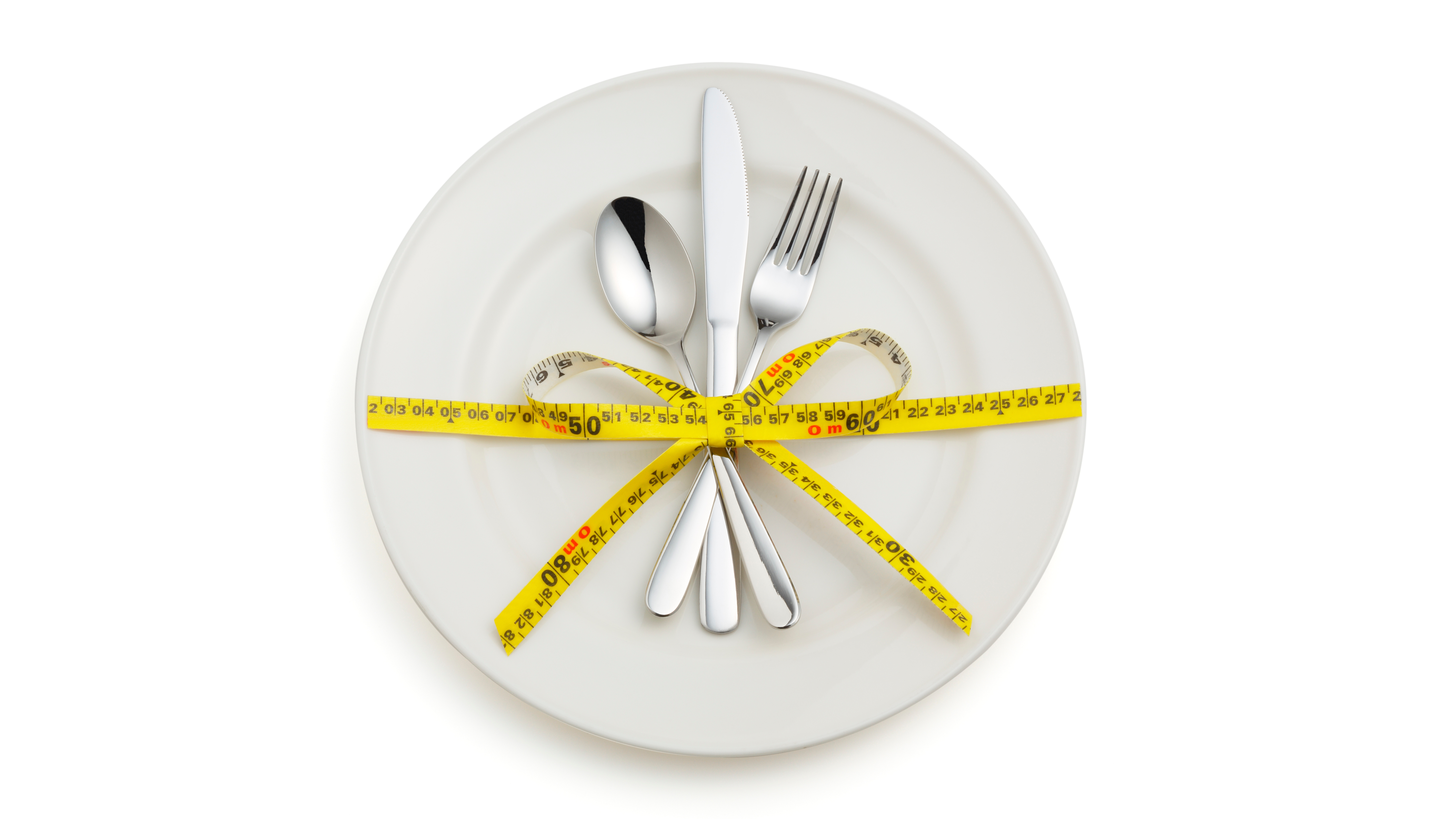

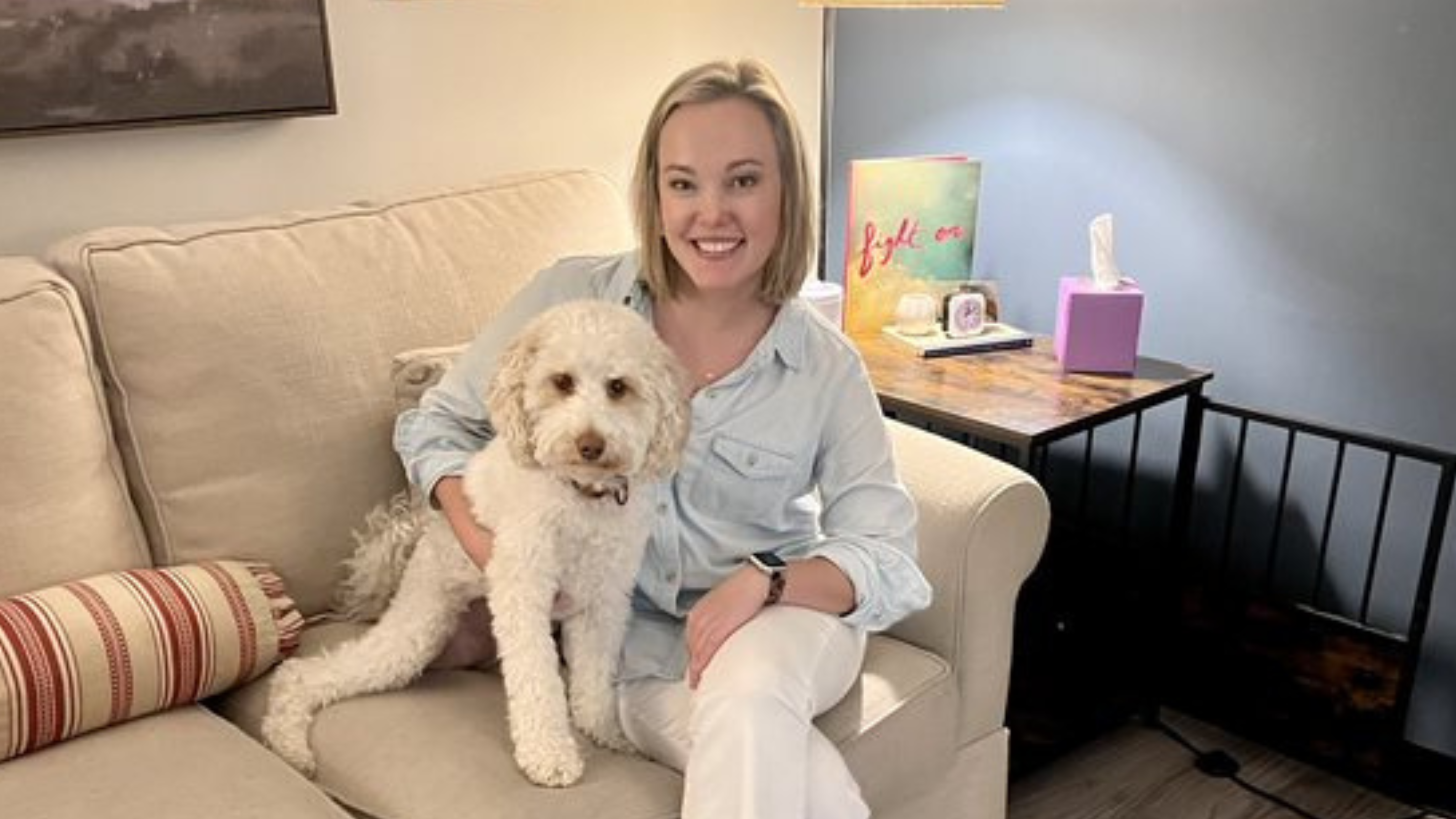

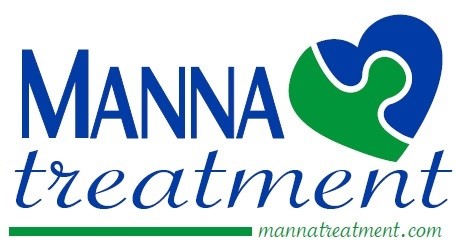
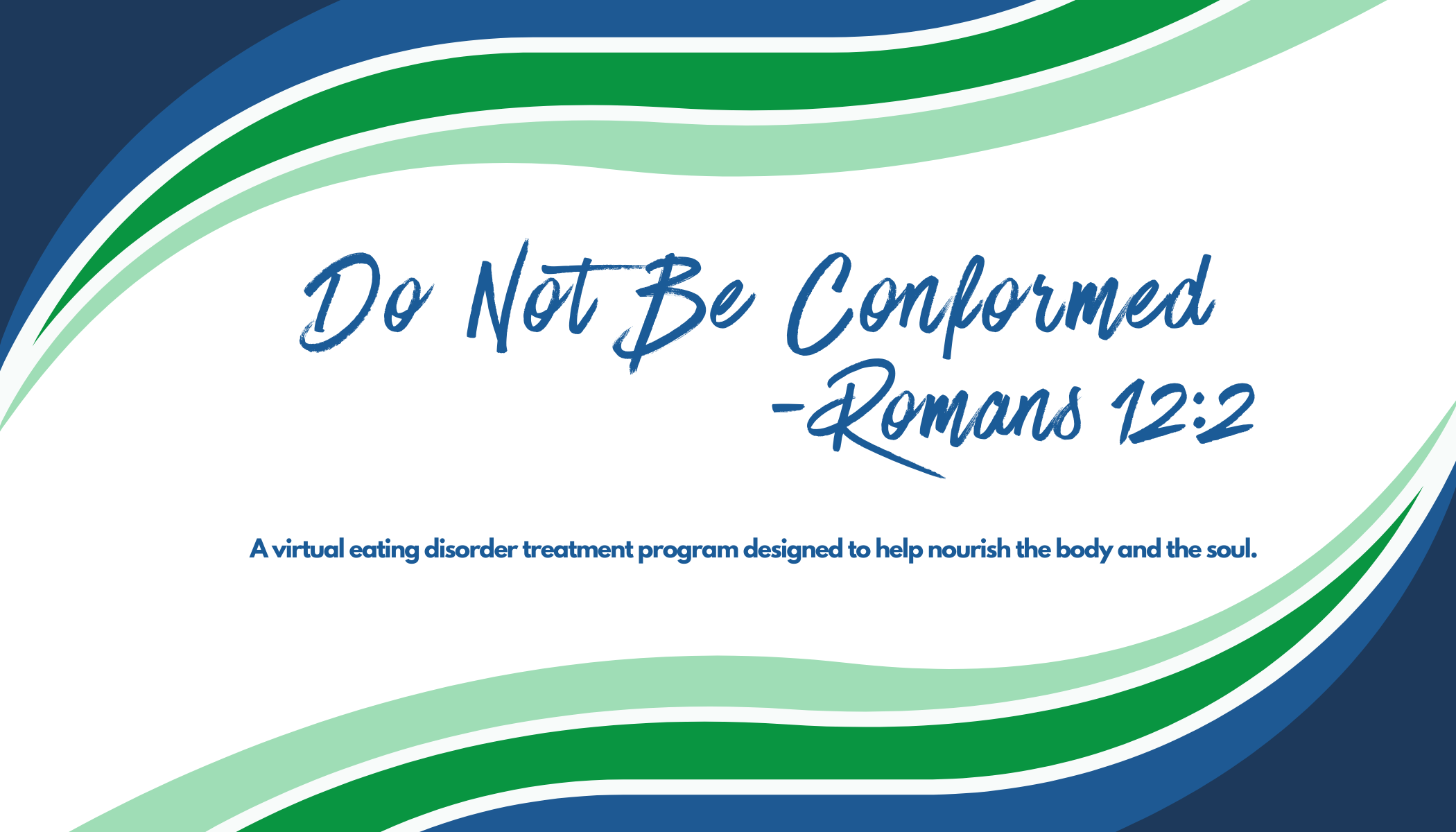


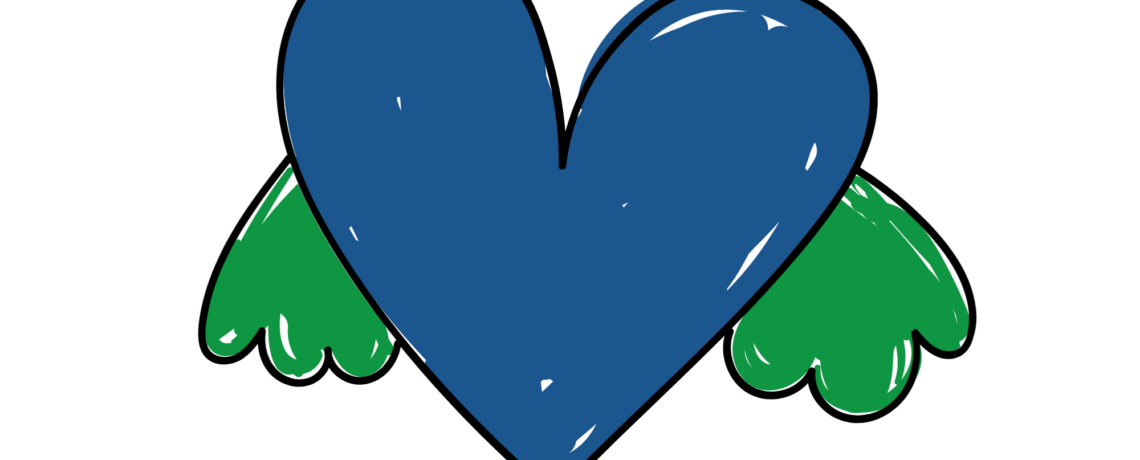

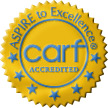 Manna Scholarship Fund is a CARF-accredited organization. The
Manna Scholarship Fund is a CARF-accredited organization. The 